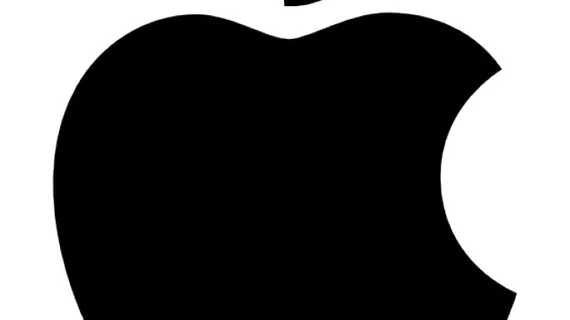Reviews rolling in for new Apple Watch, ECG app
The reviews are beginning to roll in for the new Apple Watch Series 4, which features an application that allows users to take their own electrocardiogram (ECG) reading.
Apple introduced its latest watch during an event on Sept. 12 in Cupertino, California. Among its many features, the fourth-generation watch is 30 percent larger, has an extended battery life and an FDA-approved ECG app.
Below are several reviews about Apple’s latest watch and its ECG feature.
In a New York Times review of the watch, technology writer Brian Chen said though the ECG feature isn’t as comprehensive as a traditional electrocardiograph, it’s helpful for people with heart problems.
“The new Apple Watch is perhaps one of the most significant developments in wearable gadgets in years. People with heart problems can easily use the EKG app to take electrocardiograms whenever they sense something abnormal, without the rigmarole I went through,” Chen wrote. “And the data can be shared immediately with their doctor, which could open a conversation about next steps, like going in for a visit or modifying treatment.”
A review in Women’s Health magazine said the “heart rate sensor functionality is legit.”
“Roughly a year and a half in the making, this ECG functionality is approved by the American Heart Association as well as the Food and Drug Administration, which is a very big deal,” the report said.
In a USA Today review, tech columnist Edward Baig wondered how people would respond to the new app.
“I question how this will work with real people in the real world. Will there be a high incidence of false positives? Will consumers even understand the results? The onus is on Apple to make this simple and to explain it in terms that won't freak watch wearers out,” Baig wrote.

